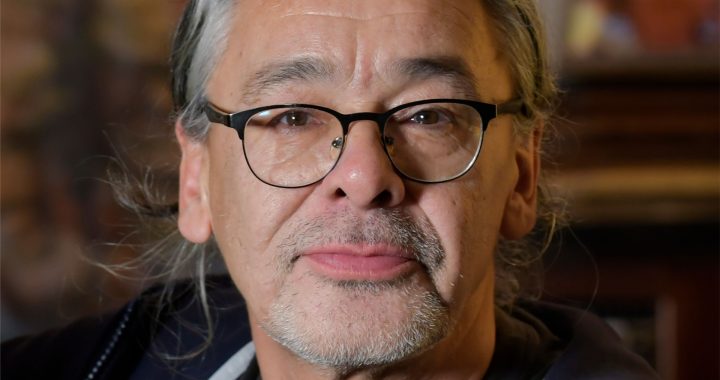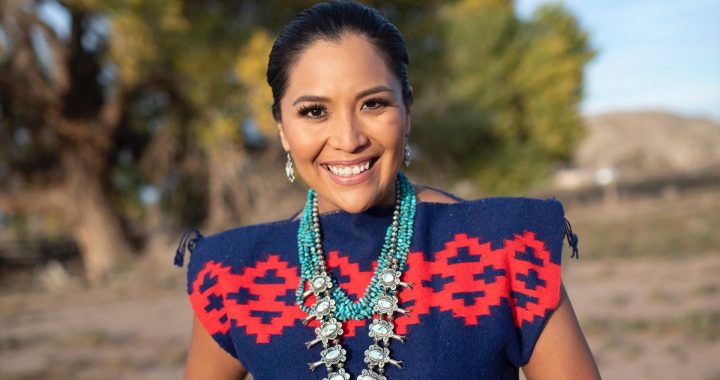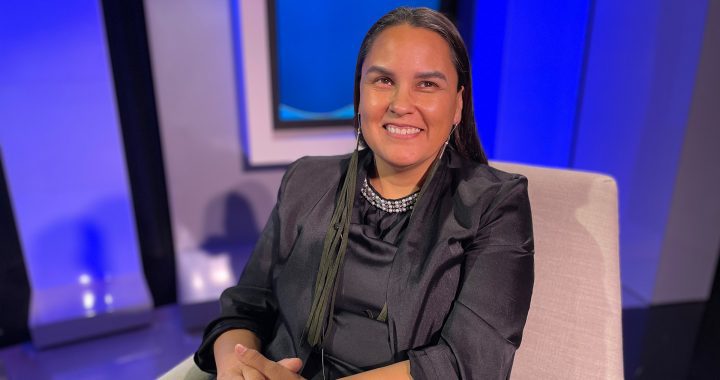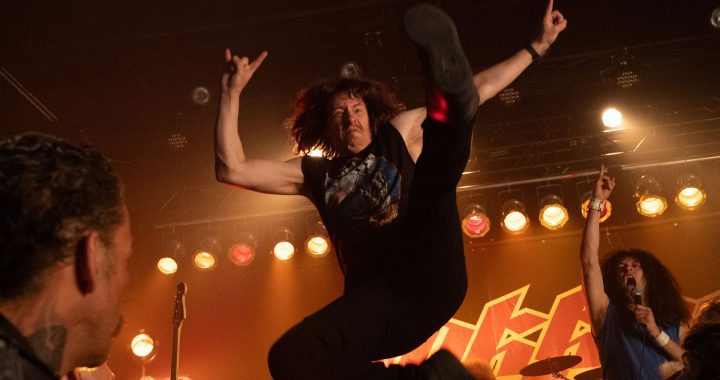The buildings and streets of Winnipeg can be a painful reminder for some residents of Shoal Lake 40 First Nation.
All of that concrete was made possible because of the water that surrounds the Anishinaabe First Nation that straddles the Ontario-Manitoba border.
More than a century ago, water from Shoal Lake started flowing into the City of Winnipeg, providing clean water for the growing community.
At the other end of the pipe, Shoal Lake 40 had been turned into a man made island and the aqueduct constructed to provide Winnipeg with water was built on the First Nation’s old burial grounds.
“I always think of it, even when I turn on the tap I’m like this comes from our community and this water probably contains our ancestors and the spirits of our ancestor. I think about the hardships of the people from Shoal Lake 40 who have gone through so many things for the benefit of Winnipeg’s drinking water,” says Angelina McLeod.
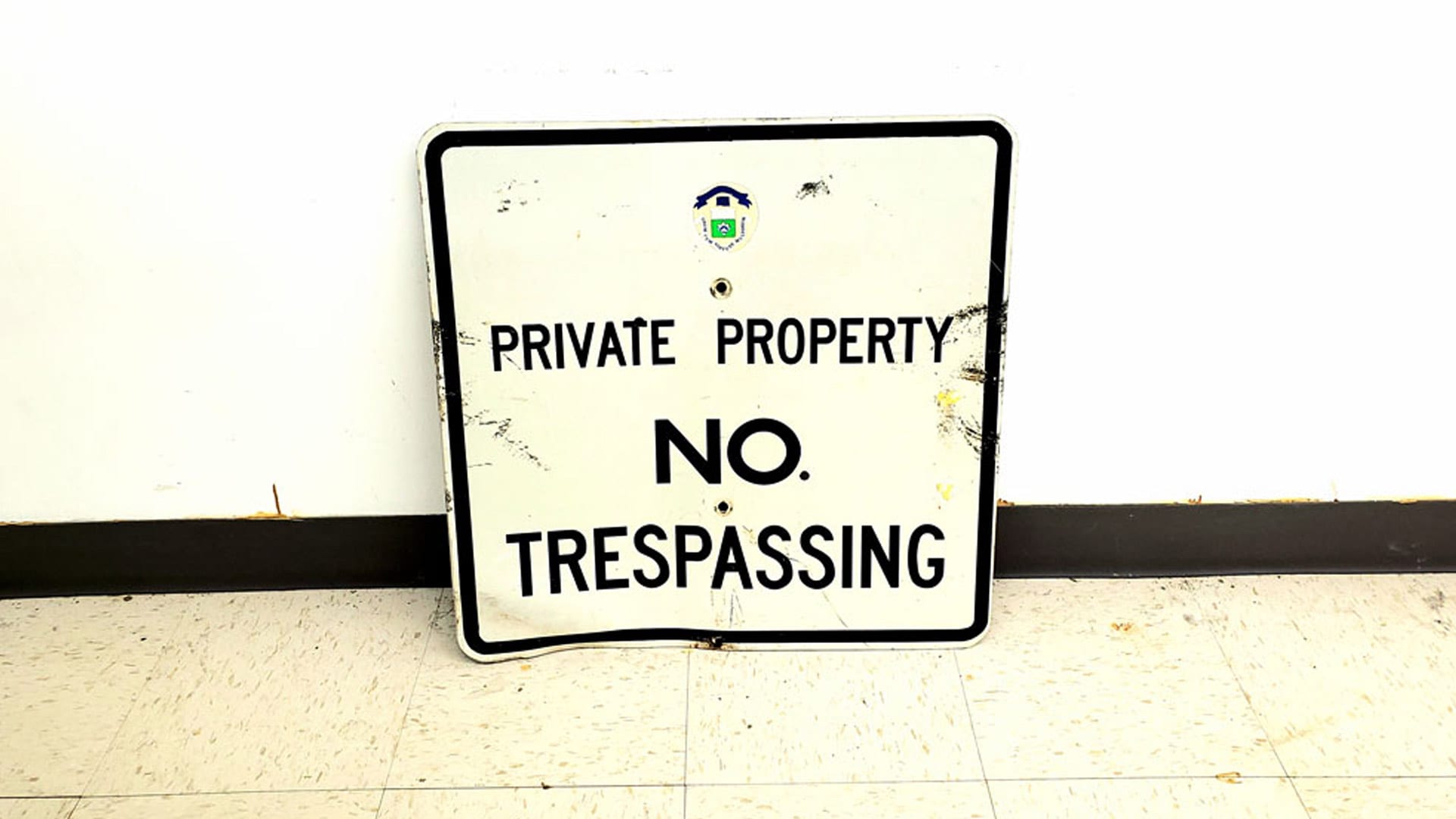
Those hardships are many. Lives have been lost trying to access the mainland, the Nation has been under a boil water advisory for more than two decades and the water they use to bathe and wash with causes some people to have rashes.
Growing up in Shoal Lake 40 was pretty hard says McLeod.
A simple task like going for groceries or the mail could be dangerous, especially in the winter when a hovercraft would be needed to cross the icy waters before it was completely frozen up.
For McLeod, growing up in an overcrowded house, without running water, seemed normal.
But family trips to the city made her realize just “how good other people have it.”
McLeod says she would feel ashamed to be Indigenous, especially when seeing people living on the streets and battling addictions.
“So, when I came to the city here and I noticed that I always wished that I was born non-Indigenous so that I could have clean drinking water and I could have all these things that we don’t have back home, that’s how I felt growing up,” says McLeod who admits she didn’t know about the impact of residential schools at the time.
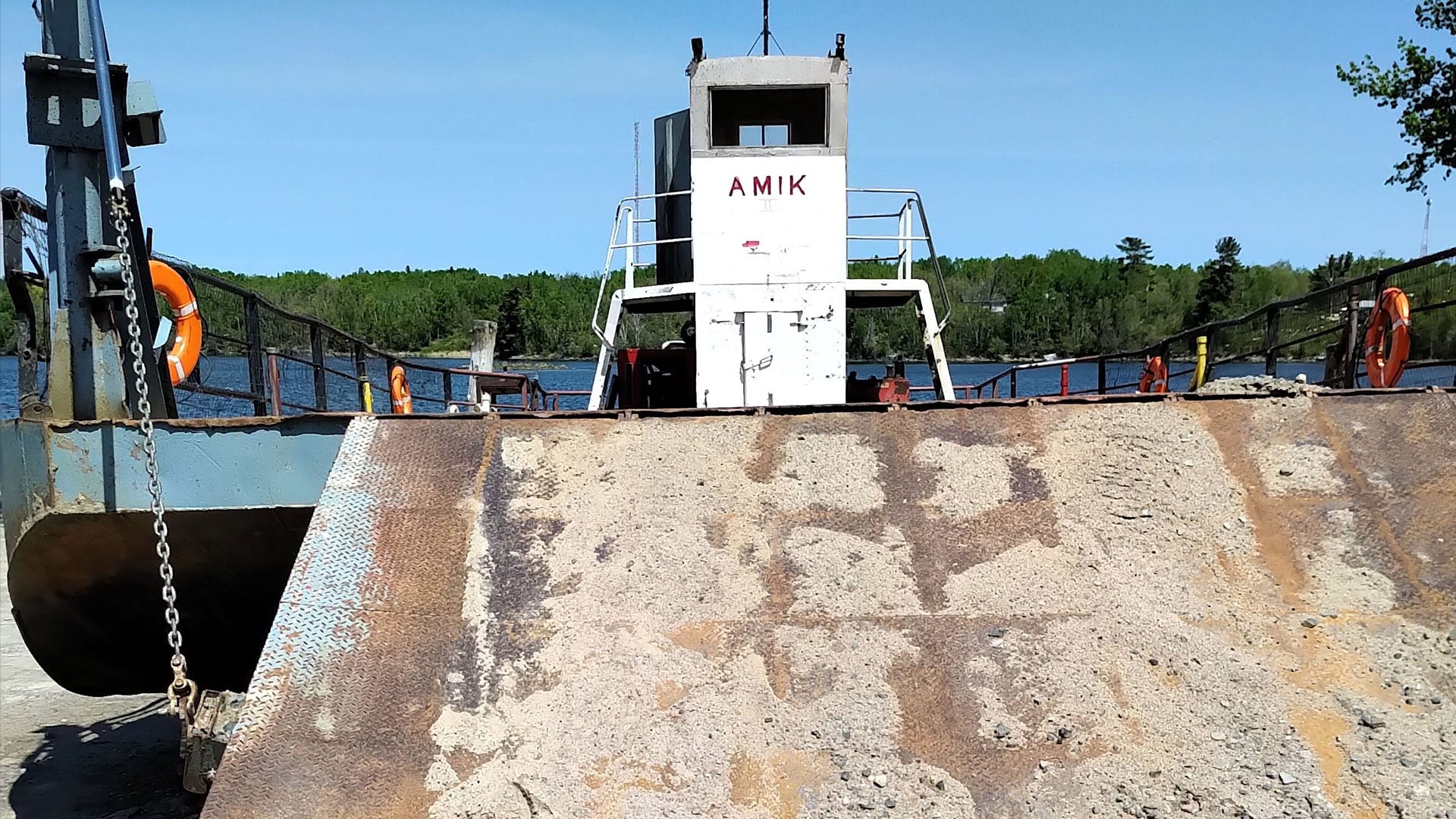
Once she started school and went to University and starting learning more about her people, she became empowered.
Finishing school can also be a daunting task for the youth of Shoal Lake 40.
Like many First Nations, student must leave the community to complete high school.
Moving away from home was hard and life altering for McLeod, who was placed in a boarding home with “white strangers.”
She cried herself to sleep every night because she missed her parents.
Her grades were down and she was getting in drugs and alcohol.
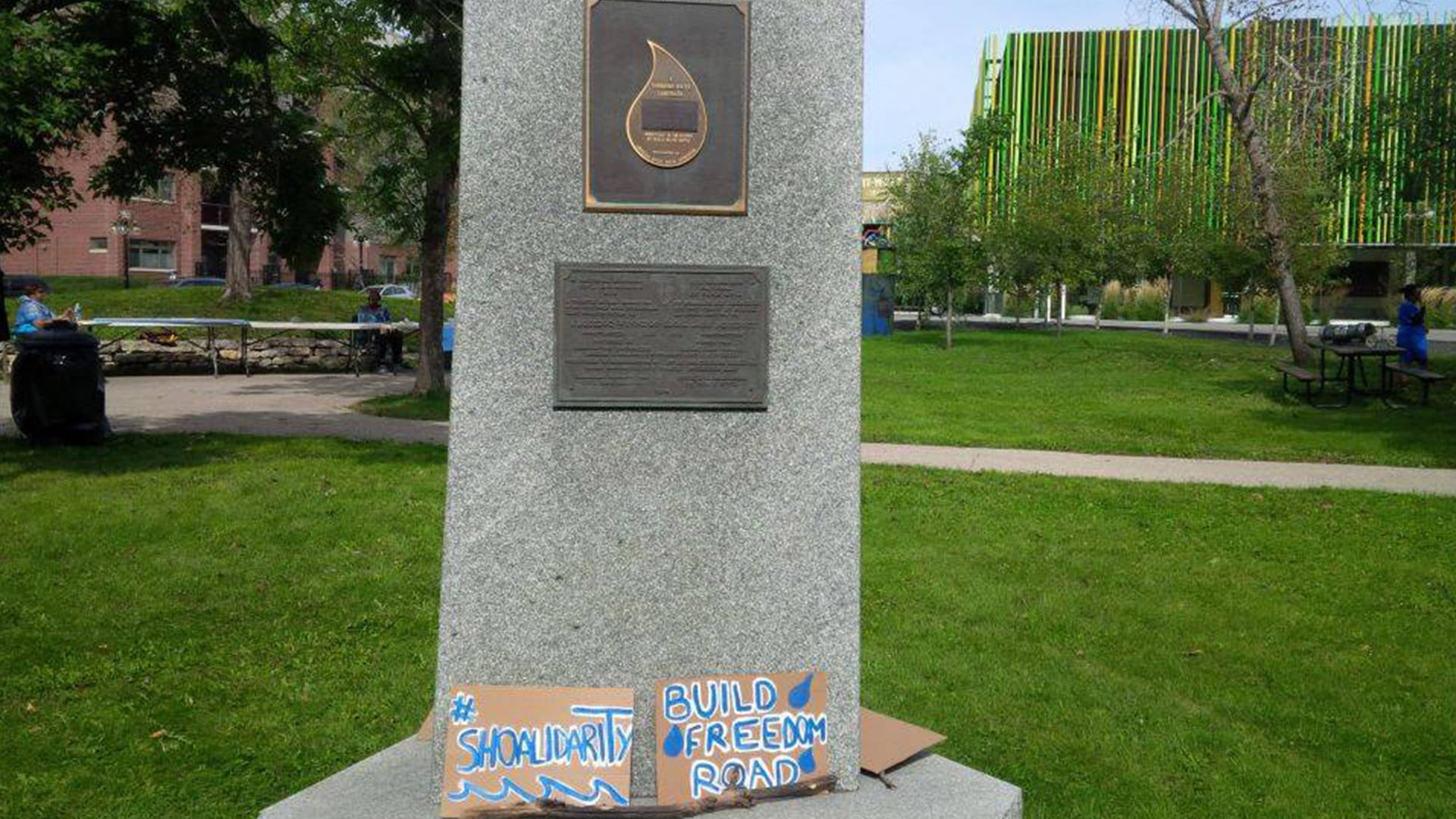
McLeod was only 14 when she left for school, the same age her sister Amelia was when she left to attend school in nearby Kenora.
Amelia, never came home.
“She went missing and the police thought she was a runaway so they didn’t really do too much about it. But later, when the ice started to break up in Kenora, that’s when they found her body,” says McLeod.
In 2019, McLeod was the focus of the documentary When the Children Left by Charlene Moore that highlighted the barriers Shoal Lake 40 faces around education and honours the memory of her sister.
“A lot of things like that happen to kids when they move away from home, like when they’re forced to leave home for school. Lots of different things happen and usually the high school graduation rate is not very good, its very low, there’s a lot of drop outs because kids miss their families,” says McLeod.
Read More:
Shoal Lake 40 First Nation celebrates the official opening of Freedom Road
Today, McLeod as a band councillor, holds the education portfolio.
Construction on a new K-8 school is under way and efforts are being made to find daily transportation for high school kids who still must attend school in Kenora.
Last year, the Freedom Road series was released, a series of five films directed by McLeod that tells the story of the Annishnaabe Nation and their battle for an all season road.
The all-weather road opened in the summer of 2019.
It’s completion has also made the transportation of much needed construction materials possible.
A new water treatment plant is also under construction with the hopes of lifting the decades long boil water advisory.







